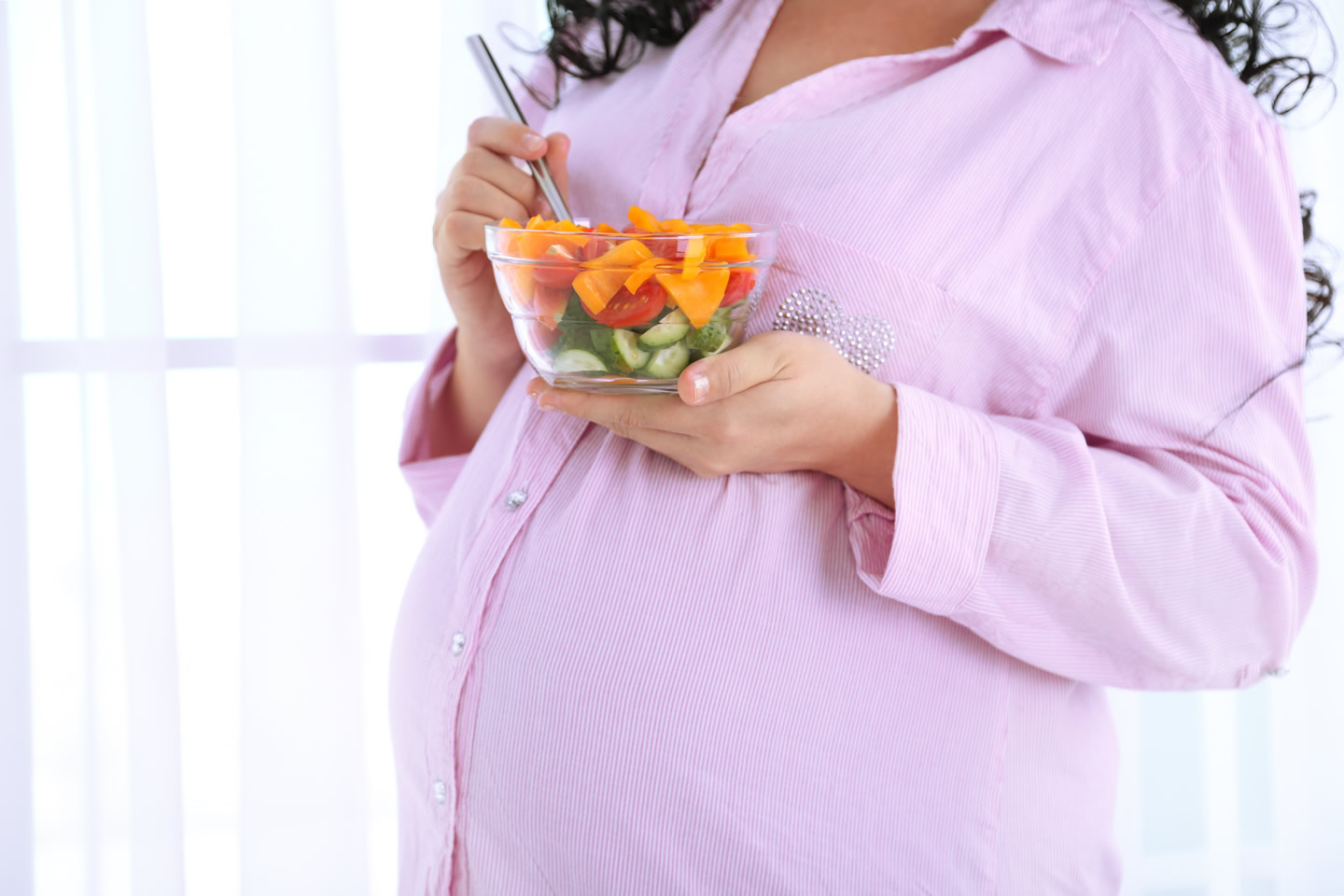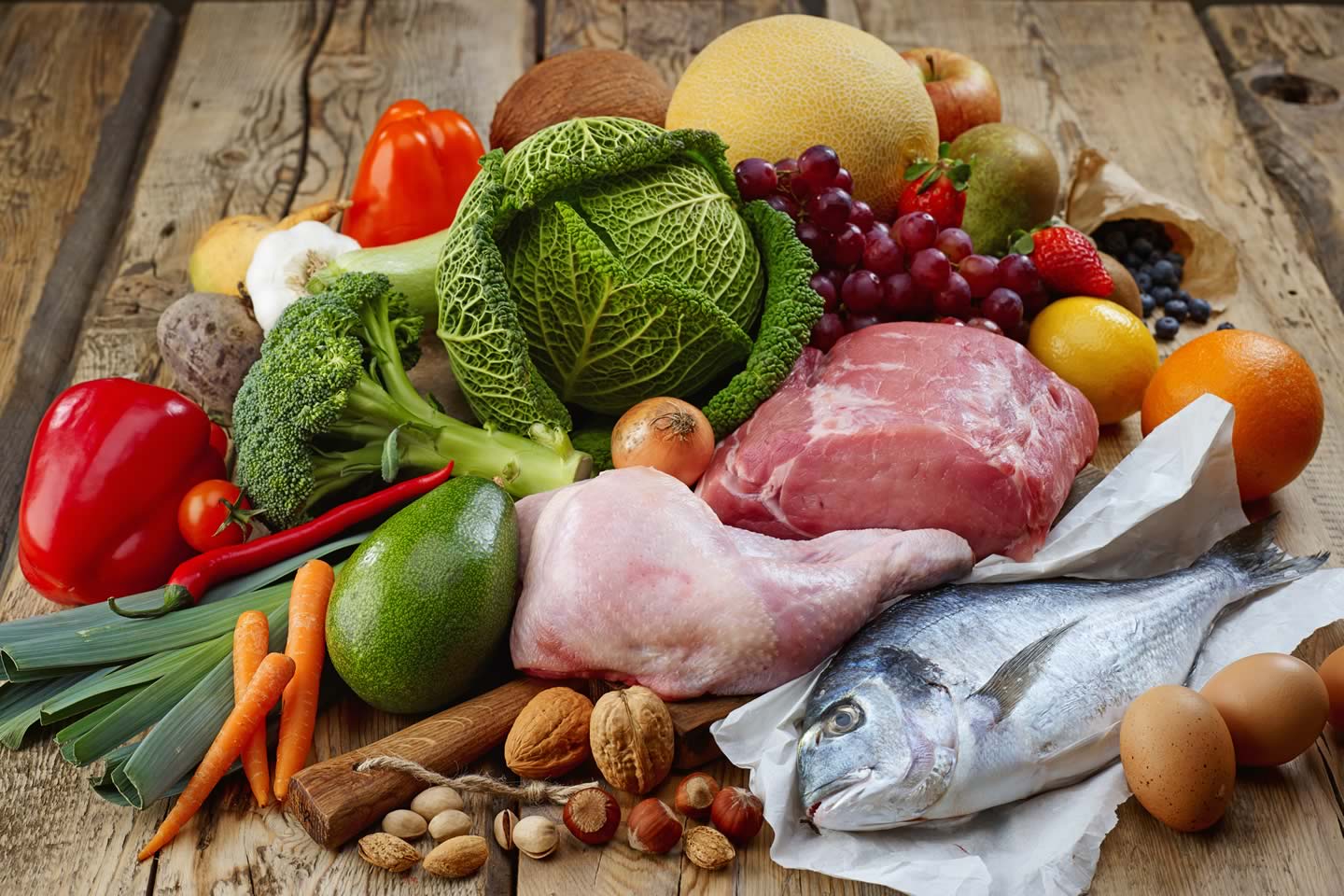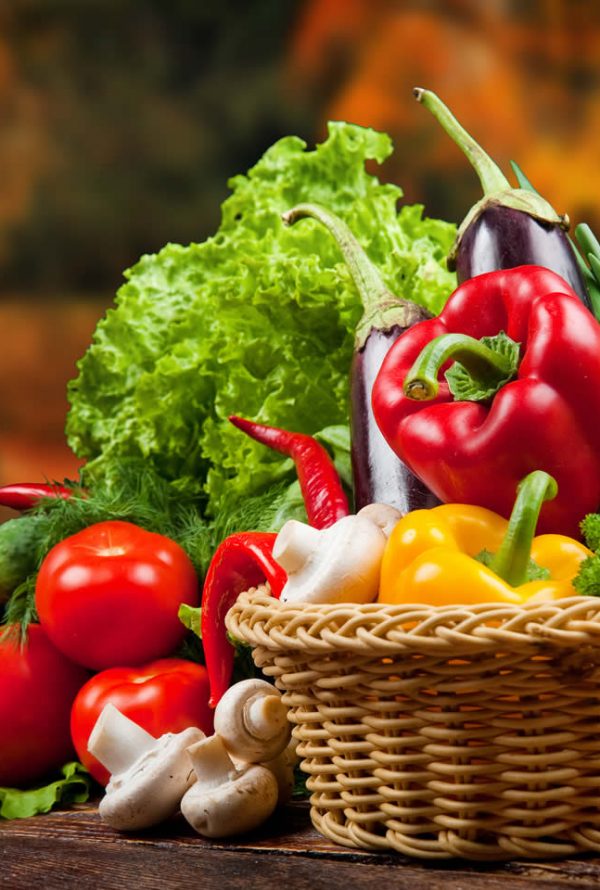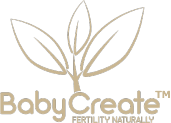
Pregnancy Diet Plan
29 Jan 2018
What should I eat before and during my Pregnancy for a Healthy Baby?
9 Mar 2018
The Anti-Inflammatory Diet as a ‘way of life’.
What to eat and what to avoid.
The best fertility diet is one that focuses on real, whole foods, as close to their natural state as possible – the way mother earth intended.
This advice sounds so simple… but unfortunately today we are exposed to so many choices, most of which appeal to new-age taste buds as well as our busy, stressful lives.
Inflammation is the cause of all disease and ill health.
In order to improve your health and wellbeing, as well as boost your fertility, it’s important to know what foods cause or promote inflammation and what foods prevent inflammation.
Foods that promote inflammation.
Pro-Inflammatory foods cause inflammation in our body by interfering with the normal function of all our cells. This leads to, or exacerbates chronic inflammatory, auto-immune as well as reproductive and fertility related diseases.
The chief pro-inflammatory culprit is:
Sugar – in all its forms i.e. real and artificial.
The human body was not designed to consume sugar. Sugar has absolutely no nutritional value. Besides being pro-inflammatory, fat-promoting and tooth decaying, sugar affects the normal functioning of the liver, hormones and the brain… it’s a ‘no-brainer’!
According to researchers at the Boston University School of Public Health (BUSPH), the intake of one or more sugar-sweetened beverages per day–by either partner–is associated with a decreased chance of getting pregnant.
And a study in the ‘Annals of the American Thoracic Society’, have demonstrated the fact that children of mothers who drink large amounts of sugary beverages during pregnancy, and those with high dietary intake of fructose in early childhood, may be at increased risk of developing asthma as well as allergic diseases such as eczema, rhinitis/hay fever and allergic asthma.
Other pro-inflammatory ‘foods’ include:
Fried, refined, hydrogenated and processed food & drink, i.e. any ingredient or product that has gone through one or more manufacturing processes and ends up in a container of sorts – plastic bag/carton/packet/box/bottle.
These are ‘foods’ that list among its ingredients many sugars (in all its forms), salt (in all its forms), trans fats, or chemical compounds we don’t understand, or numbers that refer to preservatives, stabilisers, colours, thickeners or any other real or artificial substance that has been included for convenience, taste, texture or longevity.
Some examples include everything containing ‘high fructose corn syrup’; all soft drinks and fruit juice concentrates, alcohol, chips, crisps, pies, dry crackers, store bought bread, cakes, biscuits, breakfast cereals, sauces, ready-made meals, processed meats including bacon, ham and salami, ice cream, non-dairy cream, margarine – the list goes on.
Here’s a rule of thumb:
Fewer ingredients usually means closer to the ‘real food’.
If you purchase any ‘edible or ‘drinkable’ item that’s packaged and has many itemised ingredients, you can be sure it’s processed and has no resemblance to the original food item you imagine it to be… and the same goes for take-outs and fast-food outlets.
A note on Salt; Coffee; Alcohol and GMO.
In short, moderation is the key here as it is with everything in life.
Excessive amounts of salt, coffee and alcohol have been proven to affect health and wellbeing as well as interfere with fertility.
Salt
The World Health Organisation suggests no more than 5g (1 tsp.) per day which is equivalent to 2g (2000mg) Sodium.
The average Australian consumes more than double this amount. There is hidden salt in all processed foods – and in hidden forms. Have a look at the ingredients of any processed food package and you’re sure to see the terms ‘seasoning’; ‘flavouring’; ‘flavour enhances’; ‘natural glutamates’ as well as codes and numbers e.g. MSG 621; and 624; 625; 627; 631…..the list goes on. Even though one might not be able to taste the saltiness of these foods, salt is still there in excess.
Coffee/Caffeine
Consumption should not exceed 1 cup per day preconception and during pregnancy.
According to the latest Medscape research (August 2020):
“Caffeine easily crosses the placenta and is known to affect neural processes, including brain networks that control respiration and heart function.”
There are other studies suggesting that the consumption of more than 200mg/day of caffeine is associated with a modest increased risk for spontaneous miscarriage.
Alcohol
In women, alcohol has been known to impair oestrogen and progesterone levels, resulting in impaired ovulation, implantation, fertilisation and blastocyst development.
In men, modest habitual alcohol consumption of more than 4 units per week can have adverse effects on semen quality. The alcohol threshold level adversely affecting semen quality remains unclear, so young men and men undergoing ART cycles are advised to avoid habitual alcohol consumption.
GMO – Genetically modified organism
GMO refers to crops that have been genetically engineered so that its DNA contains one or more genes that are not normally found there i.e. genes from a non related species. This process damages DNA, resulting in the possible addition of allergens, toxins and anti-nutrients to food.
Some examples of GMO foods grown for commercial consumption include soy, corn, cotton, canola, sugar beets and alfalfa.
All these GMO foods are engineered to improve their resistance against plant diseases caused by insects or viruses or through increased tolerance to herbicides.
The genes in the plants’ DNA are modified to produce the same toxins that are used in conventional insecticides.
My concern is that these foods have not been around for sufficient time to prove their long-term safety. We don’t know what effect this will have on our genes, let alone our offspring and all future generations. So while the jury is still out, it’s best to stay away from all GMO foods.
Purchase only those products listed above that have a ‘GMO free’ label on them.
If you cook your own food, you will be in control of this.
Related article at ecowatch.com: Top 17 Health Problems That Improved in People Who Switched From GMO to Organic Diets
Foods that prevent inflammation.
The good news is that there is a health promoting ‘diet’ that reduces and even prevents inflammation in the body………. it’s the ‘eat food, not too much, mostly plants’ diet I mentioned in my previous blog: Your Healthy Pregnancy Eating Guide.
This is a foolproof ‘way of life’, the way nature intended.
Some of the best anti-inflammatory foods include:
- Green leafy and brightly coloured veggies and herbs e.g. carrots, pumpkin, tomatoes, beetroot, capsicum, spinach, kale, bokchoy, broccoli, brussels sprouts, artichoke, ginger, parsley, turmeric, coriander, cloves, cinnamon, oregano.
- Whole fruits and berries e.g. kiwi, pomegranate, oranges, lemons, apples, plums, prunes, dates, apricots, blueberries, raspberries, strawberries, cherries, acai.
- All nuts and seeds e.g. almonds, pecans, walnuts, cashews, brazil, sunflower, sesame and pumpkin seeds
- Grains e.g. barley, quinoa, corn, millet, oats
- Fatty fish e.g. sardines, ocean caught salmon, mackerel, herring, tuna
It makes sense that if you want to be fertile and stay healthy and prevent disease promoting inflammation, you need to make the right dietary choices throughout your life.
As the saying goes: “You are what you eat”!
The Anti-Inflammatory Diet as a ‘way of life’.
The anti-inflammatory diet is the healthiest, most infallible, dependable and energy rich diet there is. It has always been and will continue to be the only reliable ‘way of living’. There’s nothing fancy about this diet. It’s a grass-roots diet (excuse the pun) that our ancestors followed before the industrial revolution. It’s the only ‘diet’ that makes sense for every human being wanting to prevent disease or restore health.
If you follow this ‘diet’ because you are experiencing fertility related issues or are wanting to prepare for a healthy pregnancy and a healthy baby, you will be taking your first proactive step towards your own, as well as your family’s future health and wellbeing.
Joanne Lipinski – Fertility Naturopath Melbourne
